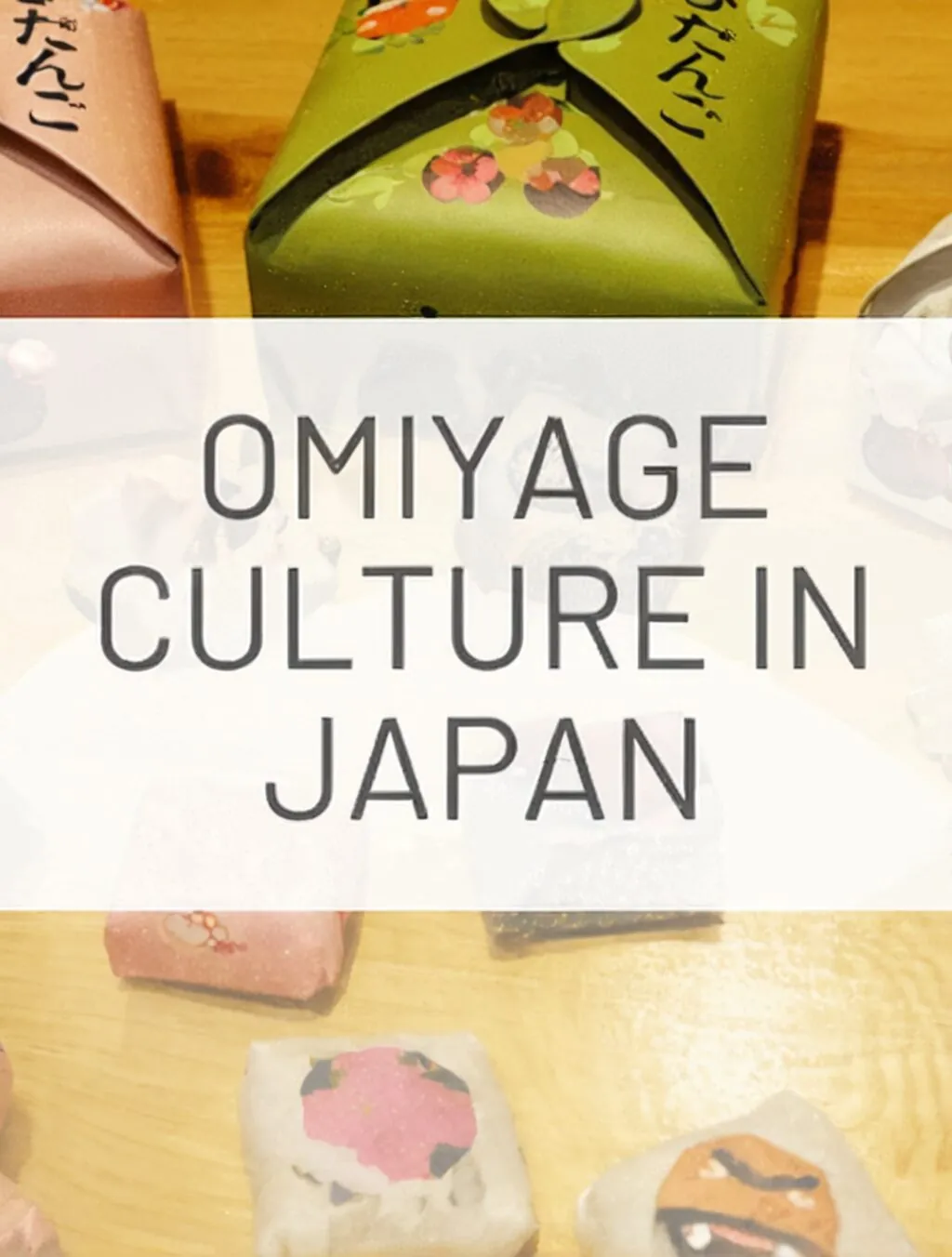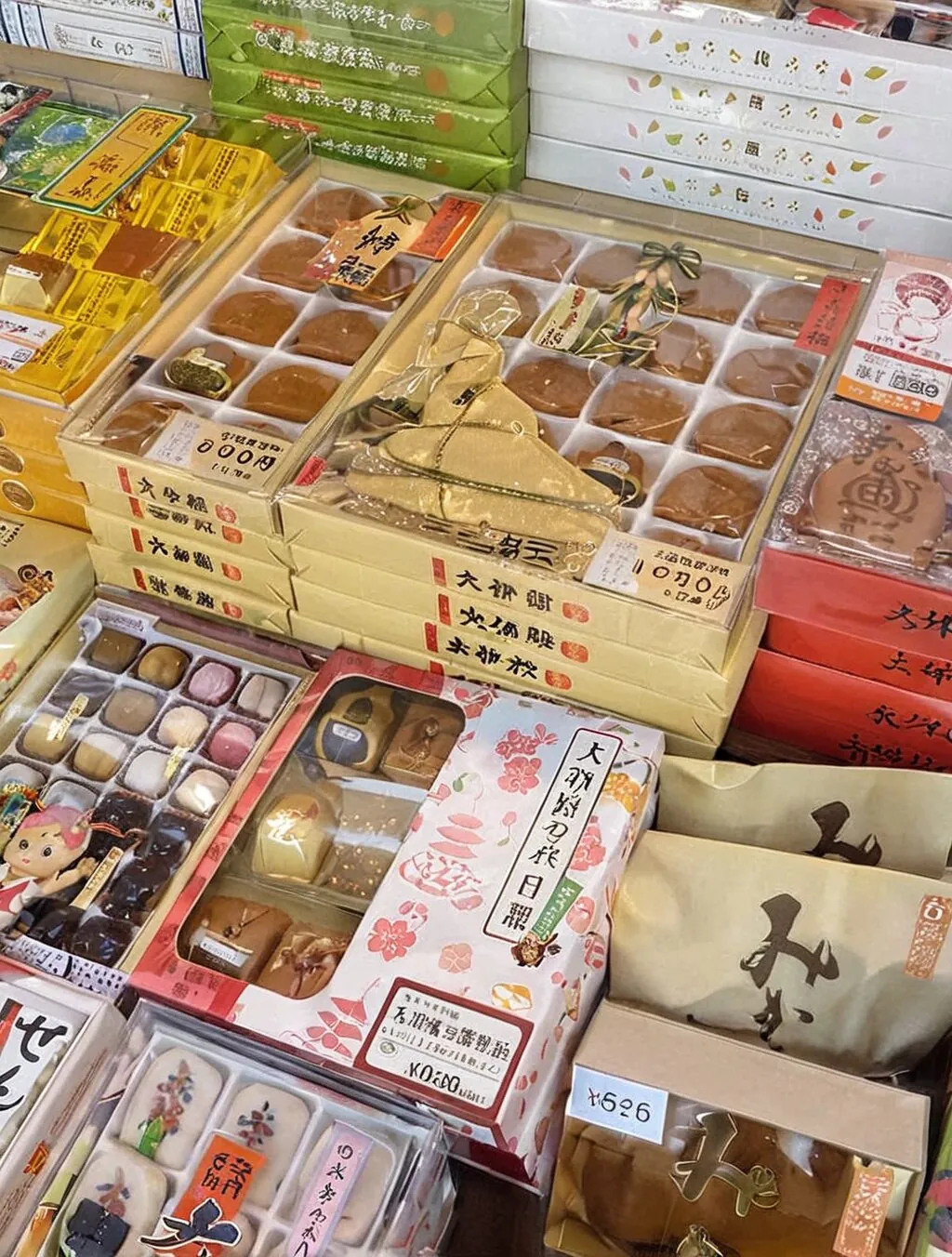Gift Giving in Japanese Culture
Win a Free Trip to Japan!
Experience cherry blossoms and ancient temples
Japan is a country with a rich and complex culture, and gift-giving is no exception. Japanese people place a high value on politeness and etiquette, and gift-giving is seen as an important way to show respect, appreciation, and gratitude.
Here are a few things to keep in mind when giving a gift in Japan:
- The type of gift is important. Gifts should be carefully chosen to reflect the recipient’s age, gender, and social status. For example, a gift of flowers is appropriate for a woman, while a gift of sake is appropriate for a man.
-
The way you give the gift is important. Gifts should be given with both hands and a slight bow. It is considered impolite to give a gift with one hand or to throw it at the recipient.
-
The timing of the gift is important. Gifts should be given at the appropriate time. For example, it is customary to give a gift to a host or hostess when you arrive at their home.
-
The cost of the gift is important. Gifts should be neither too expensive nor too inexpensive. A gift that is too expensive may be seen as ostentatious, while a gift that is too inexpensive may be seen as disrespectful.
By following these guidelines, you can ensure that your gift-giving in Japan is well-received.
Gift Giving in Japanese Business Culture
In addition to the general rules of gift-giving in Japan, there are also some specific rules that apply to gift-giving in business.
Here are a few things to keep in mind:
- Gifts should be given to both individuals and organizations. When giving a gift to an individual, it is important to choose a gift that is appropriate for their position and status within the company. When giving a gift to an organization, it is important to choose a gift that is useful and will be appreciated by the company as a whole.
-
Gifts should be given and received with both hands. This shows respect for the other person and their culture.
-
It is considered rude to open a gift in front of the giver. This is because the giver may have put a lot of thought into choosing the gift and they want to see the recipient’s reaction when they open it.
FAQs
Q: What is the most important thing to keep in mind when giving a gift in Japan?
A: The most important thing to keep in mind is to choose a gift that is appropriate for the recipient’s age, gender, and social status.
Q: What are some appropriate gifts to give in Japan?
A: Some appropriate gifts to give in Japan include flowers, sake, tea, and gift certificates.
Q: How should I give a gift in Japan?
A: Gifts should be given with both hands and a slight bow. It is considered impolite to give a gift with one hand or to throw it at the recipient.
Conclusion
Gift-giving in Japan is a complex and nuanced practice. By following the guidelines outlined above, you can ensure that your gift-giving is well-received and that you do not offend anyone.
gift giving in japanese culture
Corporate Gift Giving in Japan: Cash Connections and Cosmologies
In Japan, corporate gift-giving is a deeply ingrained tradition that serves multiple purposes, including strengthening relationships, expressing gratitude, and maintaining harmony within the business community. However, the practice of giving cash gifts in particular has sparked both intrigue and controversy, revealing the intricate connections between gift-giving and cultural cosmologies in Japan.
The Significance of Cash Gifts in Japanese Culture
Cash gifts, known as “kinpin” in Japanese, hold a unique position in the country’s gift-giving etiquette. They are often preferred over material gifts due to their flexibility and practicality, allowing the recipient to choose exactly what they need or desire. Cash gifts are also seen as a way to convey sincerity and respect, as they demonstrate a willingness to give something of tangible value.
Cosmological Beliefs and Gift-Giving
The practice of giving cash gifts in Japan is deeply intertwined with the country’s cultural cosmologies. In the Japanese worldview, money is imbued with a sacred quality, representing not only material wealth but also spiritual power. Giving cash gifts is thus seen as a way to transfer both material and spiritual blessings to the recipient.
Corporate Gift-Giving and Social Hierarchies
In the context of corporate gift-giving, cash gifts play a crucial role in maintaining social hierarchies and fostering a sense of obligation and reciprocity. The value of the cash gift is carefully calibrated to reflect the status and seniority of the recipient, reinforcing the power dynamics within the organization.
Controversies and Ethical Concerns
While cash gifts are widely accepted in Japanese business culture, they have also raised ethical concerns. Some critics argue that the practice can lead to corruption and bribery, as it provides an opportunity for individuals to exchange favors under the guise of gift-giving. Additionally, the focus on material wealth in corporate gift-giving can overshadow genuine expressions of gratitude and appreciation.
Conclusion
Corporate gift-giving in Japan is a complex and multifaceted practice that reflects the country’s unique cultural values and cosmologies. The giving of cash gifts, in particular, holds both practical and symbolic significance, reinforcing social hierarchies and conveying spiritual blessings. However, it is important to be aware of the potential ethical concerns associated with cash gift-giving and to approach the practice with sensitivity and integrity.

